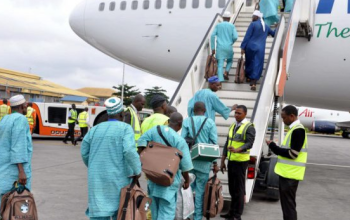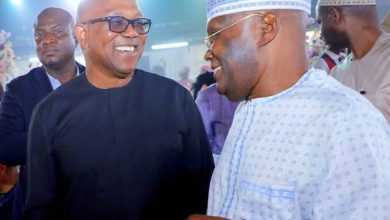NAPTIP Rescues Nine Pregnant Women from Abuja Baby Factory

Nine pregnant women were saved from an Abuja baby factory by the National Agency for the Prohibition of Trafficking in Persons (NAPTIP).
This was said in a statement released Thursday in Abuja by Mr. Vincent Adekoye, the NAPTIP Press Officer.
According to Adekoye, the baby factory is located in the Federal Capital Territory’s (FCT) Ushafa neighborhood on one of the huge estates.
Additionally, he revealed that the institution was raided after a concerned individual provided a report.
After being recruited via an online platform, he alleged, the victims were imprisoned in an apartment within the estate by an unidentified suspected trafficking agent.
Adekoye added that the agency’s Director-General, Hajia Binta Adamu-Bello, has praised the judiciary for the historic decision to convict and sentence Bishop Kenneth Duke.
A 12-year-old daughter of one of Duke’s churchgoers in Abuja was allegedly raped by Duke.
Although the DG warned that the agency would not spare anyone who broke any of its laws, he said the ruling would serve as a deterrence to others.
NAPTIP will not spare anyone discovered to have broken any laws, regardless of status, whether they relate to human trafficking or violence against people, as I warned a few weeks ago.
Read Also: Tragedy in Ondo as Fire Kills Two Siblings Under 5
The victim of rape suffers from trauma and psychological effects that endure a lifetime. To preserve our children’s safety and to oppose this horrible act, we must all stand up.
How could a 52-year-old guy possibly violate a 12-year-old girl? It is both painful and illegal. “I’m glad the court has given the convicted person a suitable amount of punishment,” she remarked.





